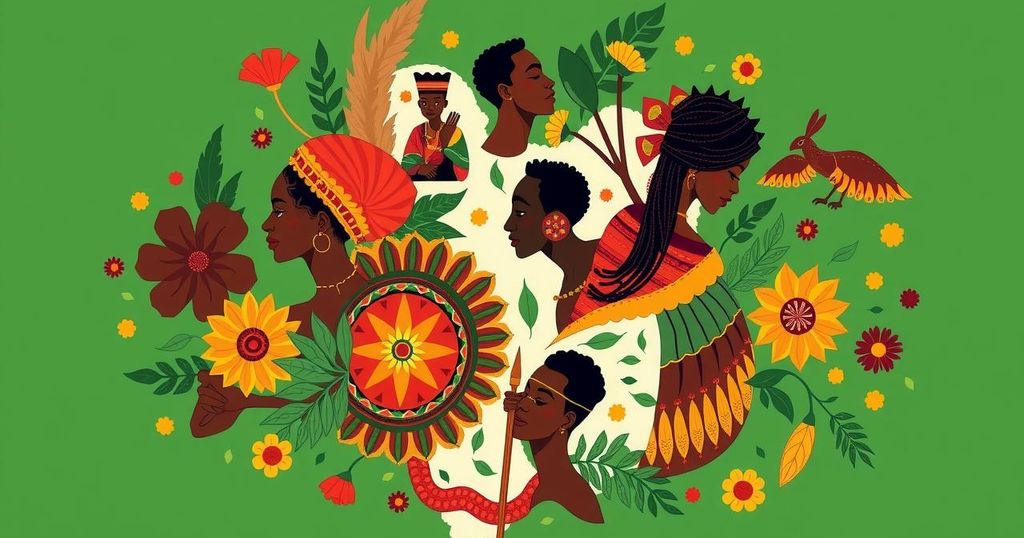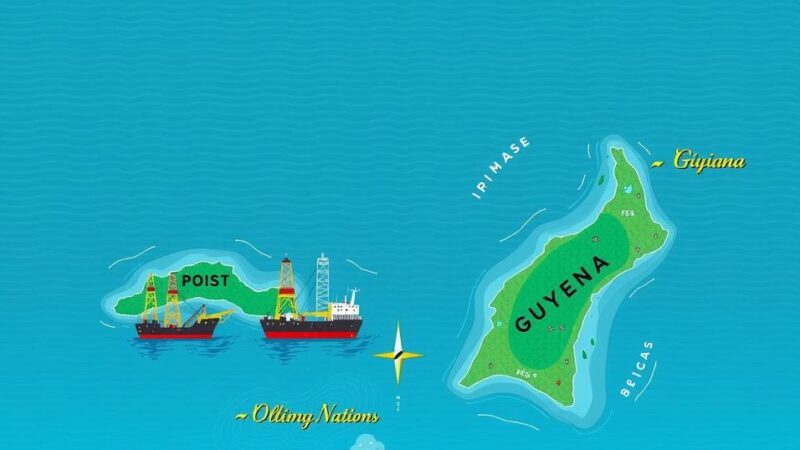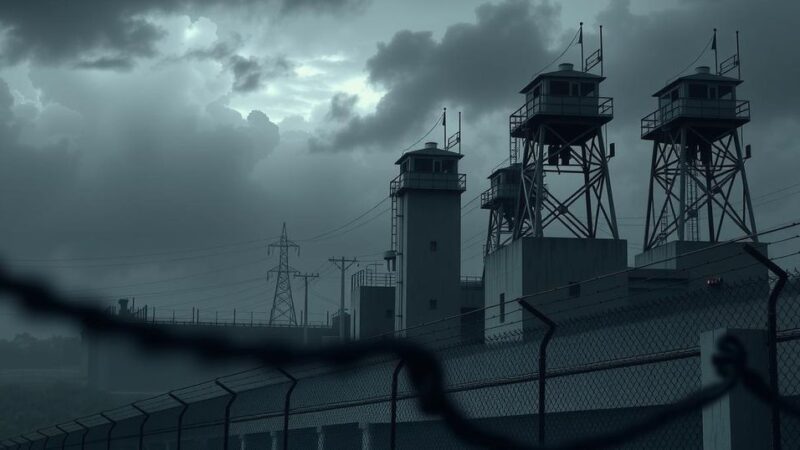Nigeria faces escalating tensions following the killing of 16 northern hunters in Edo State. The Northern Elders’ Forum demands a public trial, an apology, and compensation for victims’ families. Governor Okpebholo has suspended illegal vigilante groups. The incident highlights broader issues of ethnic conflict and economic disparities in Nigeria, alongside religious tensions. Effective governance and peace initiatives are essential to restoring national unity.
Nigeria is currently facing significant tensions that threaten its fragile unity amid a recent violent incident in Edo State. Political analysts emphasize that Nigeria must navigate its plural ethnicities and regional divisions to establish a cohesive nation-state. A nation-state is defined as a centralized political unit that governs a territory and its people, possessing common identities under specific governance. Methodologies such as confederation or multinational state structures may also be considered in light of Nigeria’s political complexities.
The tragic killing of 16 northern hunters in Edo State has heightened tensions, bringing to light Nigeria’s endemic issues of ethnic conflict and regional rivalry. The Northern Elders’ Forum (NEF) has issued conciliatory demands from the Edo State Government and the Tinubu administration, seeking justice through a public trial for those accountable, a formal apology, and financial compensation for the victims’ families.
NEF, representing the interests of Northern Nigeria, has expressed that it will not tolerate future attacks. They have insisted on accountability, stating that “Justice must be swift and visible to deter future acts of violence against northern travellers.” Additionally, NEF has indicated that the victims’ families deserve compensation aligned with their religious and traditional customs, emphasizing that authorities need to comply promptly or face unspecified consequences.
Edo State Governor, Monday Okpebholo, has prohibited illegal vigilante groups and suspended the Commander of the Edo State Security Corps. Following an ongoing investigation into the killings, 14 arrests have been made, and authorities remain in contact with families of the victims to assure justice and transparency throughout the judicial process. The importance of freedom of movement within the country has been reiterated by state officials amidst these protests.
In Kano, the police have dismissed reports of further violence, particularly concerning the attack on a passenger bus, urging the public to disregard misinformation. Officials have taken measures to cancel traditional Durbar events during the Eid-El-Fitr celebrations due to security threats, reinforcing the need for safety over cultural festivities. Community cooperation has been solicited to assist in maintaining peace and stability during such high-risk periods.
The intensifying ethnic rivalries in Nigeria are intertwined with contrasting economic conditions—where the resource-rich South and agriculturally focused North vie for political dominance concerning oil revenues. This division is further complicated by historical grievances and the inadequacies of governance that have prioritized resource capture over long-term economic development, leading to discontent among citizens.
Religious contentions have also exacerbated regional divisions, with clashes frequently reported between Christians and Muslims, particularly surrounding sharia law. These tensions have crystallized into a broader cultural conflict, reflecting years of historical grievances related to religious and regional power struggles.
In a separate incident, Governor Chukwuma Charles Soludo of Anambra State expressed his sympathies regarding a devastating fire in Onitsha that resulted in significant property damage but, fortunately, no casualties. The governor urged compliance with safety regulations to prevent similar occurrences in the future and emphasized the need for collaboration among residents, traders, and regulatory authorities.
The situation in Nigeria illustrates the urgent need for cohesive governance and reconciliation among its diverse ethnic and regional groups. Political and economic disparities exacerbate tensions, as evidenced by the reactions to the recent violence in Edo State. The NEF and other stakeholders’ calls for justice and accountability highlight the necessity for coordinated efforts to address the underlying causes of conflict. In navigating these challenges, effective governance, acknowledgment of diverse interests, and peacebuilding become paramount for national unity.
Original Source: thesouthernexaminer.com






